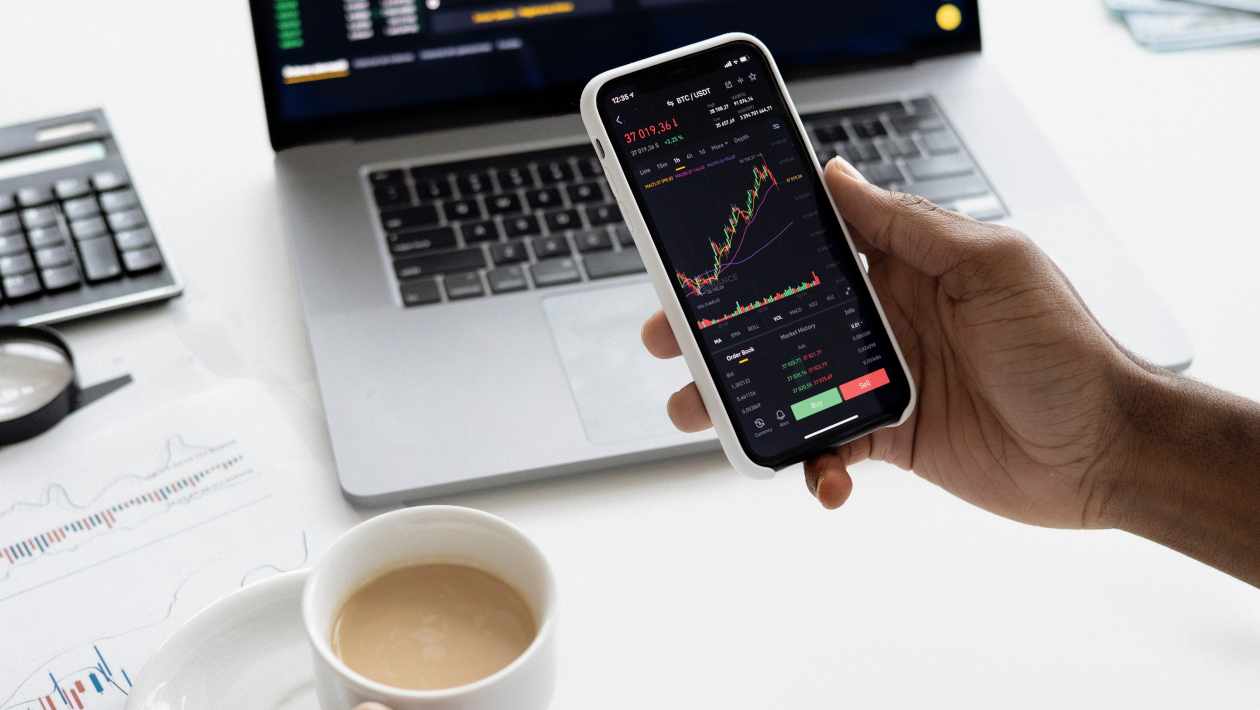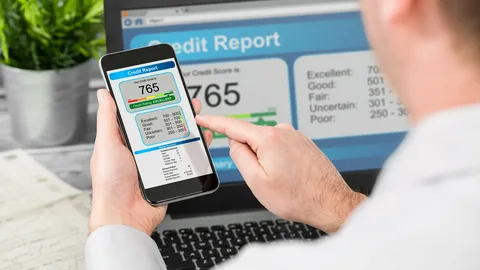“What differentiates us is how well we bounce back after a fall,” American author and motivational speaker Zig Ziglar said. Before joining the trading world, you should examine the hazards that traders confront. The three main kinds are market risks, investment risks, and trade risks. So trade stocks with caution-
Table of Contents
Market risks
There’s very little you can do about the market risks. Of course, you’re aware that the markets are subject to ups and downs, but knowing the dangers, you face when they occur aids in better money management. The following are significant risks that traders should be aware of:
Inflation risk
Inflation is a risk that traders usually overlook. It affects persons who are scared to take risks since you can’t be a trader if you’re afraid of taking chances. The danger posed by this element is that your money won’t keep up with inflation cost hikes.
According to the World Poverty Clock, over 1.3 billion people live in poverty, unable to afford basic needs like food, clothing, and shelter. You will lose money when you invest in assets that don’t keep up with inflation. Check out Saxo Bank for some valuable insights on this risk.
Marketability risk
This factor measures the liquidity of your investment. Your goal selling point will be meaningless if you cannot sell your asset when you want to do so.
This is usually not a problem for most stock traders. If, for example, you invest in a small firm whose stock isn’t listed on one of the leading stock exchanges, you run the danger of being unable to finish your trade position when the moment comes.
Currency translation risk
The translation of currencies refers to the disparity between market valuations of firms in other nations. It’s only an issue if you trade foreign equities.
Even if the stock rises in value, you may still lose money due to currency fluctuations. If the value of your currency drops against the other currency, when you convert it back, your investment may be worth less.
Investment risks
Risks associated with investing money include market volatility, market timing, and poorly constructed entry and exit trades. The following are two critical risks you must manage:
Opportunity risk
This sort of risk entails making difficult decisions. When you trade, you take on a financial commitment that you might otherwise spend elsewhere. You lose the ability to acquire something else until after you’ve traded out of the first position when you choose a stock and purchase it. You may lose out on other possibilities while your money is tied up in another place.
Concentration risk
When you put all of your money into one basket, this is what happens. You believe you’ve discovered a hot stock that will make you a millionaire, so you invest a significant amount of your money in it. You concentrate on the potential risks and the prospect of losing everything when you devote so much money to a single investment.
Trading risks
Risks that are unique to trading rise proportionately with the amount of business done. Day traders and swing traders typically encounter a greater impact from these hazards than position traders, but you should consider them. Trading risks include:
Slippage risk- trade stocks with caution
One risk factor is concerned with the hidden expenses associated with each transaction. Every time you create or cancel a trade, a small portion of your money is subtracted from your account. The asking price is the lowest possible purchase price for this stock.
The highest price at which someone is ready to pay for your shares is known as the bid price. Unfortunately, the bid price is always lower than the asking price. Although limit orders can help you deal with bid/ask issues, there’s a danger that you won’t complete your order if you use them. The money you make from trade may appear modest at first, but as your trading volume grows, so does the amount you lose.











